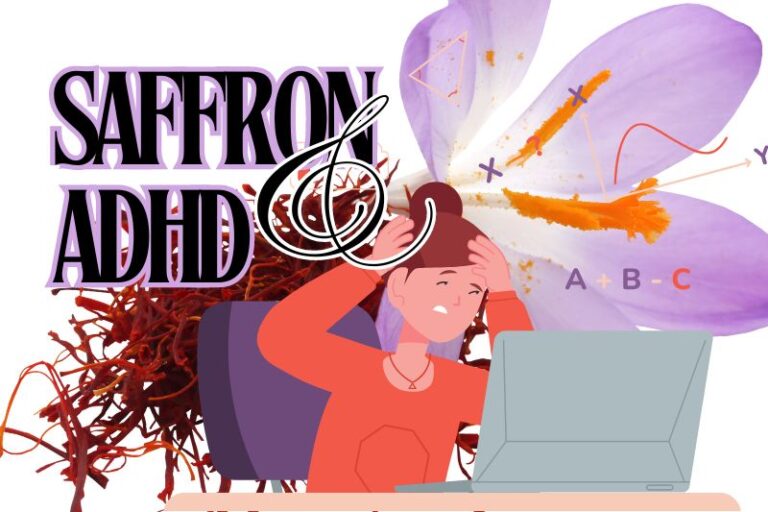Attention Deficit Hyperactivity Disorder (ADHD) is a condition that has intrigued and puzzled researchers, parents, and healthcare professionals alike for years. While traditional treatments have revolved around behavioral therapy and medication, there’s been increasing interest in exploring natural remedies that might offer support for those grappling with ADHD.
Saffron contains several active compounds, such as crocin, crocetin, safranal, and picrocrocin, that contribute to its antioxidant, anti-inflammatory, and neuroprotective properties. These attributes have spurred interest in saffron as a potential treatment for a variety of health conditions, including depression, anxiety, and now, ADHD.
ADHD and Its Challenges
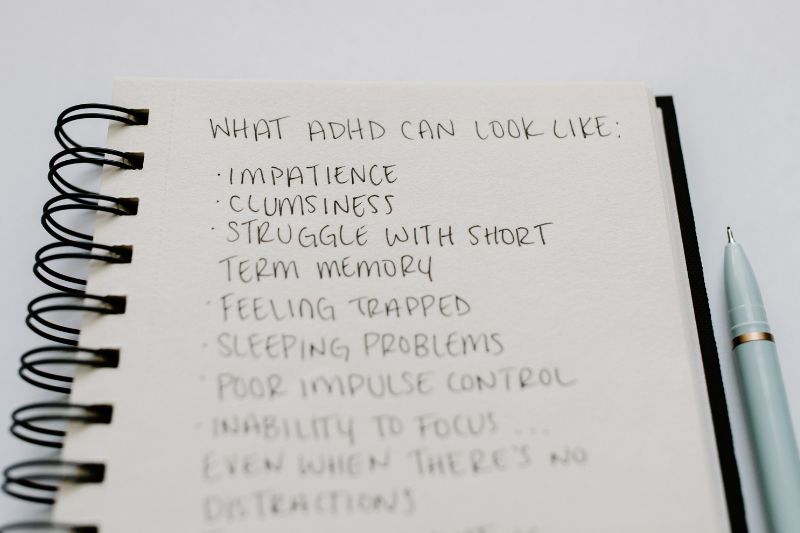
ADHD is a neurodevelopmental disorder that affects both children and adults. It’s characterized by symptoms such as inattention, hyperactivity, and impulsivity, which can interfere with daily functioning and development. The exact cause of ADHD is not fully understood, but it is believed to involve a combination of genetic, environmental, and neurological factors.
Traditional treatments for ADHD often include stimulant medications like methylphenidate (Ritalin) and amphetamines (Adderall), which work by increasing the levels of certain neurotransmitters in the brain. While these medications can be effective, they also come with a range of potential side effects, including insomnia, loss of appetite, and increased anxiety. This has led many to seek alternative or complementary treatments, which brings us back to saffron.
Saffron and ADHD: What Does the Research Say?
The idea that saffron could help with ADHD symptoms is relatively new, but it’s grounded in some intriguing research. A study published in the Journal of Child and Adolescent Psychopharmacology in 2019 was one of the first to explore this connection. In this study, researchers conducted a randomized, double-blind, placebo-controlled trial to assess the efficacy of saffron in treating children with ADHD.
The study involved 54 children aged 6-17 years who were diagnosed with ADHD. They were randomly assigned to receive either saffron capsules (30 mg per day) or methylphenidate for six weeks. The results were promising: the saffron group showed a significant reduction in ADHD symptoms, comparable to the group treated with methylphenidate. Moreover, saffron was well-tolerated, with fewer side effects reported compared to the stimulant medication.
Another study published in the Journal of Psychopharmacology in 2020 examined the effects of saffron on adults with ADHD. This study also found that saffron supplementation led to a significant improvement in symptoms, particularly in reducing hyperactivity and impulsivity. These findings suggest that saffron may be a viable alternative or adjunct to traditional ADHD treatments, but more research is needed to confirm its efficacy and safety over the long term.
How Does Saffron Work?
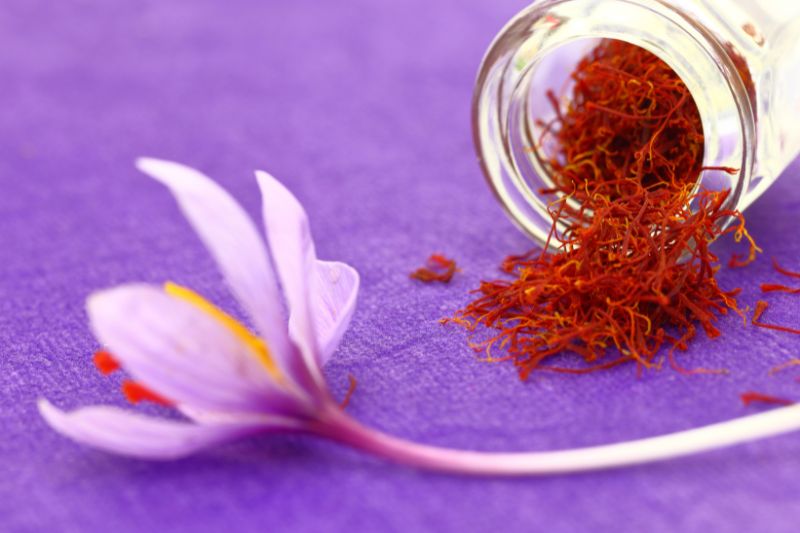
So, how exactly does saffron influence ADHD symptoms? The answer lies in its effect on neurotransmitters in the brain, particularly dopamine and serotonin. These neurotransmitters play a crucial role in regulating mood, attention, and behavior, all of which are areas of concern in ADHD.
Saffron has been shown to increase the levels of dopamine and serotonin, which may help improve focus and reduce impulsivity and hyperactivity. Additionally, saffron’s antioxidant properties help protect the brain from oxidative stress, which has been implicated in the development and exacerbation of ADHD symptoms. By reducing inflammation and oxidative damage, saffron may support overall brain health, potentially alleviating some of the cognitive and behavioral challenges associated with ADHD.
Considering Saffron as a Supplement
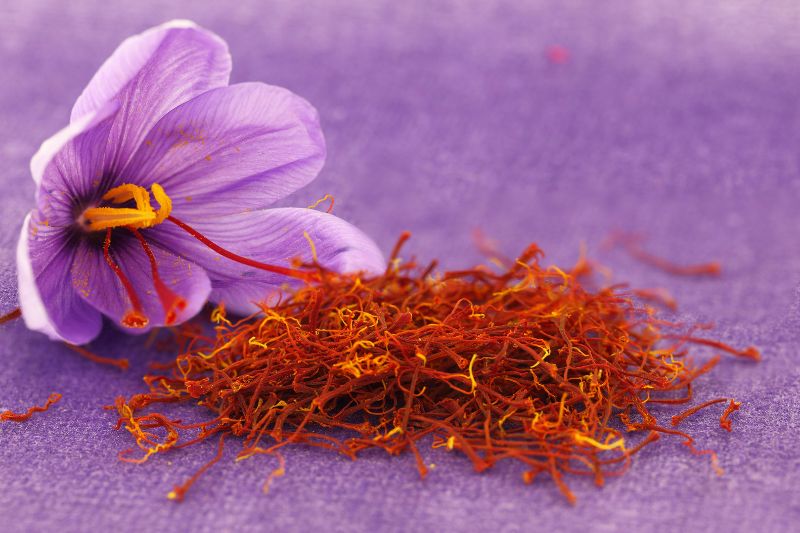
If you’re thinking about trying saffron as a supplement for ADHD, there are a few things to keep in mind. First and foremost, it’s important to consult with a healthcare professional before starting any new treatment, especially for children. While saffron is generally considered safe when used in moderate amounts, excessive consumption can lead to side effects such as dizziness, nausea, and allergic reactions.
The studies mentioned earlier used saffron in doses of 30 mg per day, which appears to be both safe and effective for managing ADHD symptoms. However, because saffron is a natural product, its potency can vary depending on the source and preparation. Therefore, it’s crucial to choose a high-quality saffron supplement from a reputable manufacturer.
It’s also worth noting that saffron is not a cure for ADHD, and it may not work for everyone. Like all treatments, its effectiveness can vary depending on individual factors such as genetics, the severity of symptoms, and other underlying health conditions. Saffron may be most effective when used as part of a comprehensive treatment plan that includes behavioral therapy, dietary modifications, and other supportive measures.
Saffron in ADHD Treatment
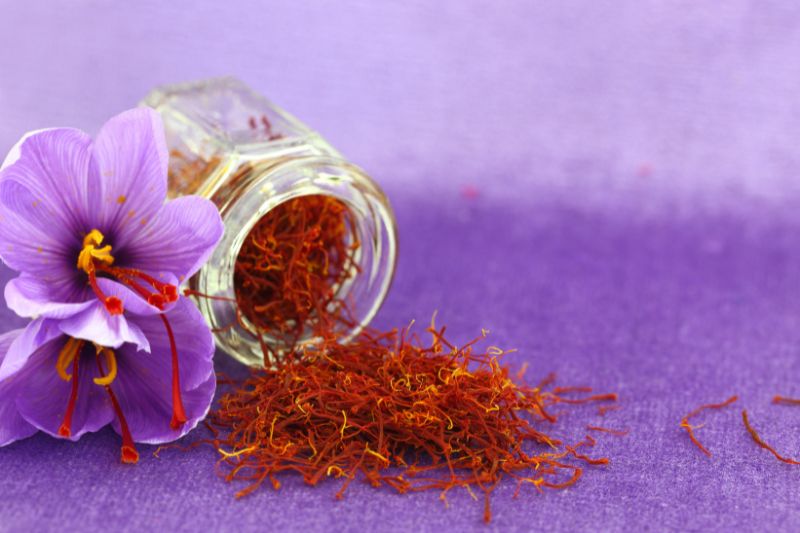
The potential of saffron as a treatment for ADHD is certainly exciting, but it’s still early days in terms of research. The studies conducted so far have been relatively small, and more extensive clinical trials are needed to confirm these findings and establish standardized guidelines for saffron use in ADHD.
One area that researchers are keen to explore is the long-term effects of saffron supplementation. ADHD is a chronic condition, and any treatment must be sustainable and safe for extended use. While saffron has been used in traditional medicine for centuries, its application in ADHD is new, and we need to understand more about how it interacts with the brain over time.
Another interesting avenue of research is the combination of saffron with other natural remedies or conventional medications. Could saffron enhance the effectiveness of traditional ADHD medications or reduce their side effects? These are questions that future studies will need to address.
Conclusion: A Spice with Potential
Saffron’s role in managing ADHD symptoms is a promising development in the search for natural, complementary treatments. While the research is still in its infancy, the findings so far suggest that saffron may offer a safe and effective option for those seeking alternatives to conventional ADHD medications.
As with any treatment, it’s important to approach saffron with realistic expectations and under the guidance of a healthcare professional. While it may not be a magic bullet, saffron could be a valuable addition to the toolkit for managing ADHD, offering a new ray of hope for individuals and families navigating this challenging condition.
In the end, whether saffron becomes a mainstream treatment for ADHD will depend on the results of ongoing and future research. But for now, it’s a fascinating possibility that warrants further exploration—and perhaps a pinch of this golden spice in our approach to ADHD.
Related Posts:
- Burns and Scalds in Children - Immediate Care Tips…
- Can Vitamin D3 Cause Constipation? What You Need to Know
- Can Taking Vitamins Change the Color of Your Urine?
- Can Plant Sterols Actually Cause Weight Gain?
- How Tight Sportswear Can Affect Your Skin - What…
- Can I Take Vitamin C at Night? What You Need to Know

